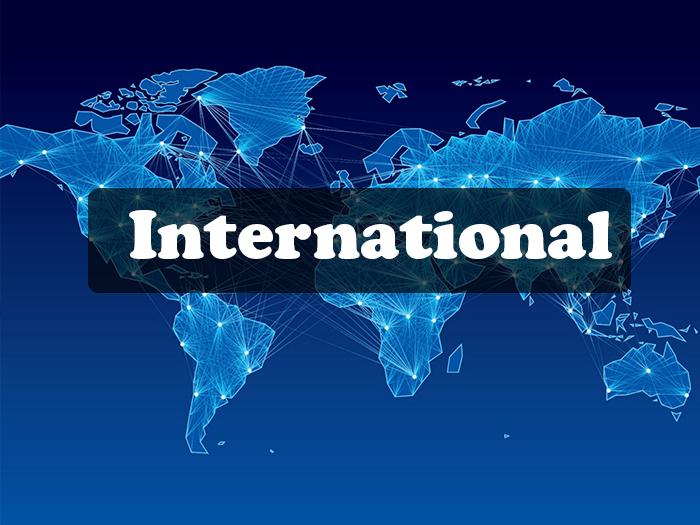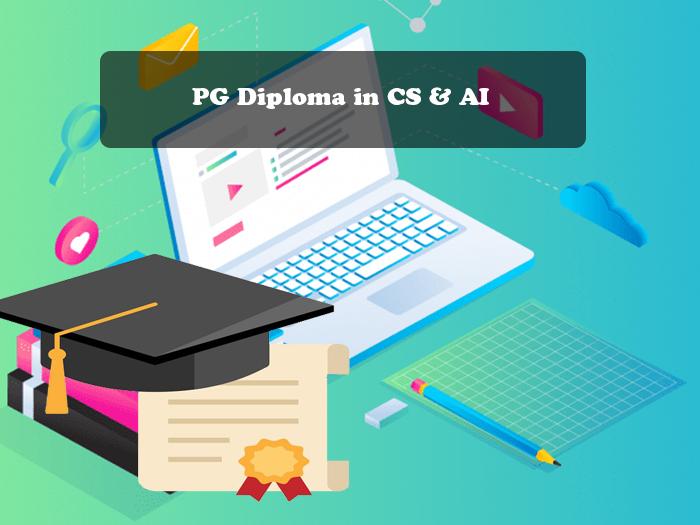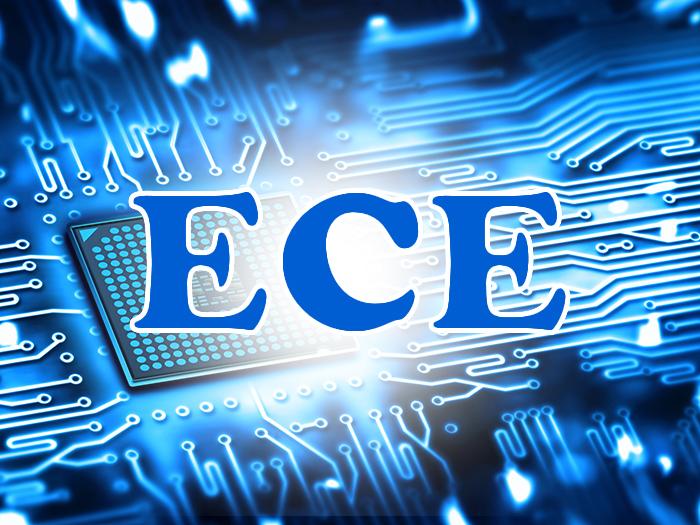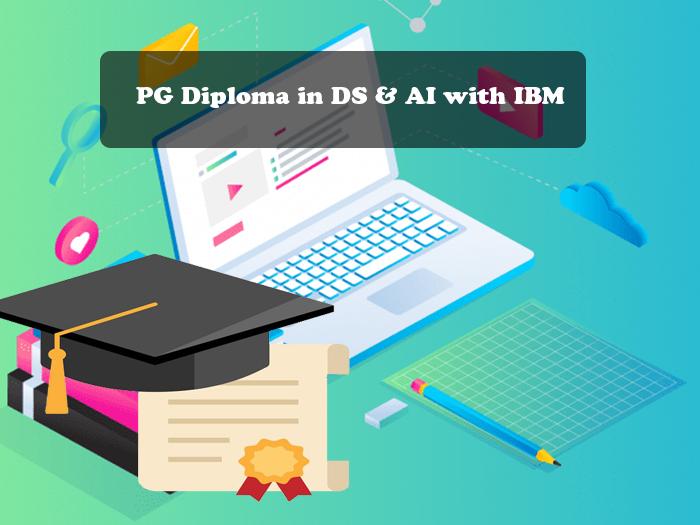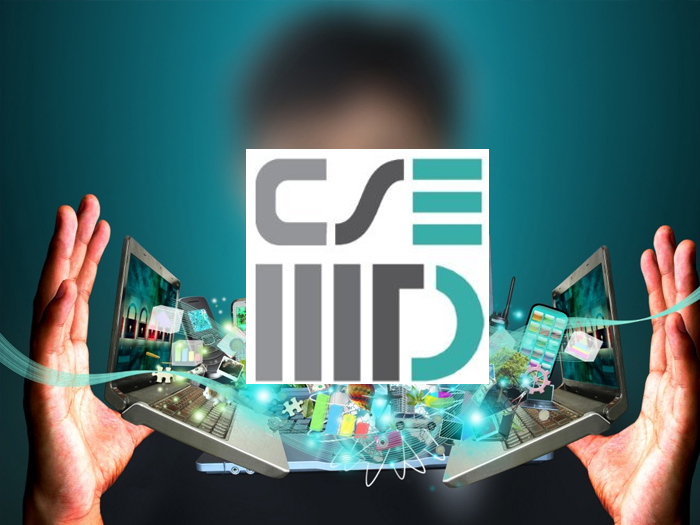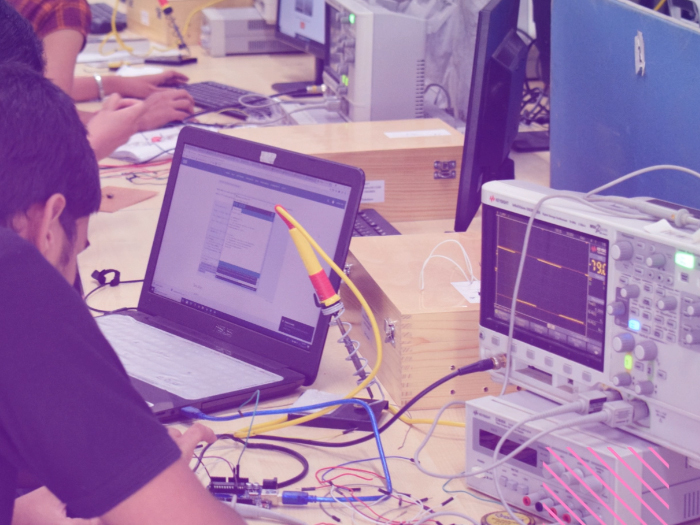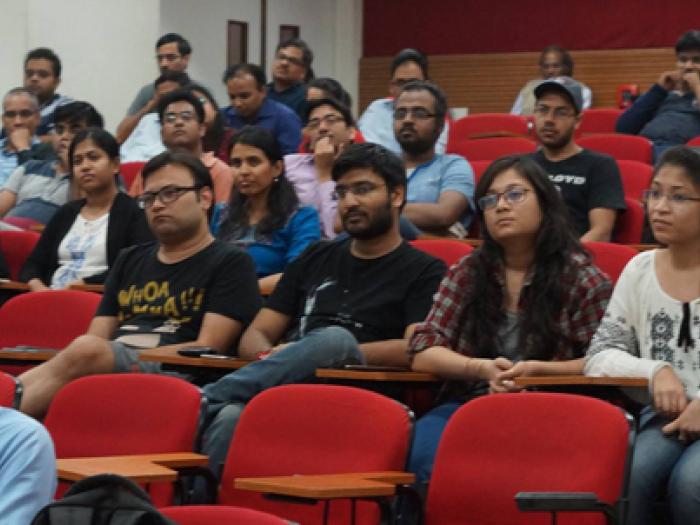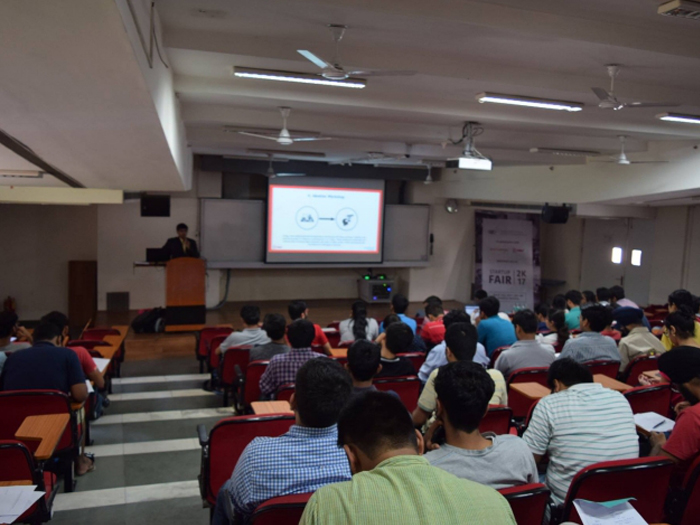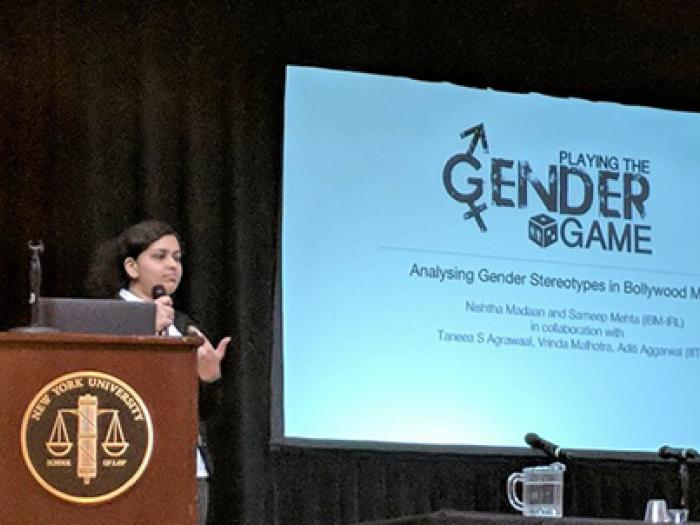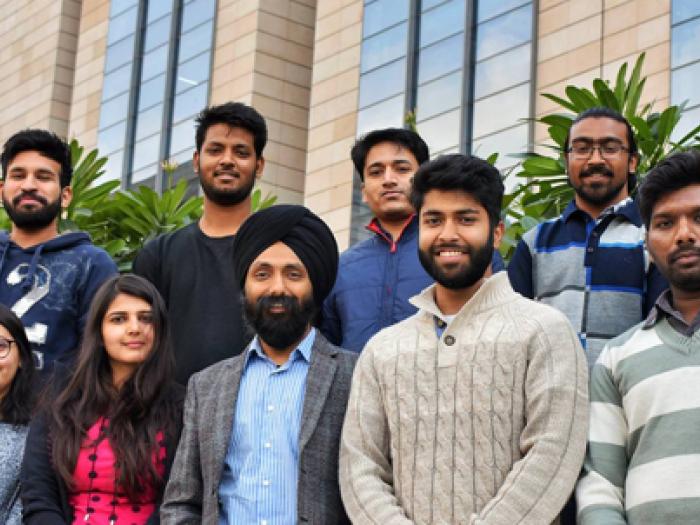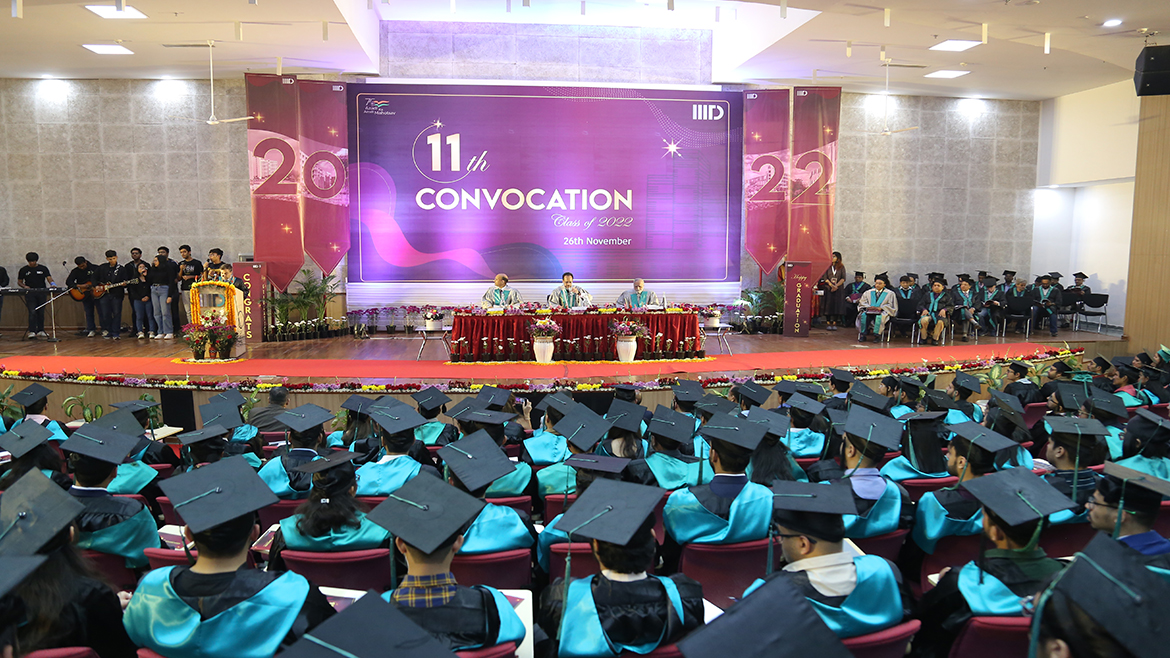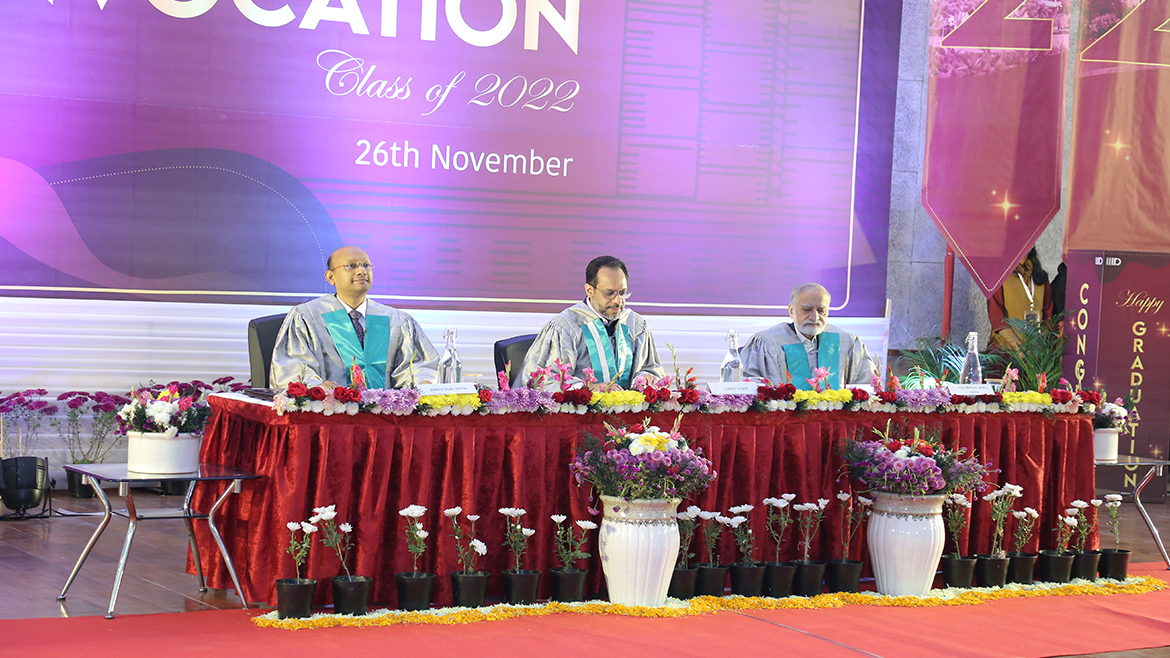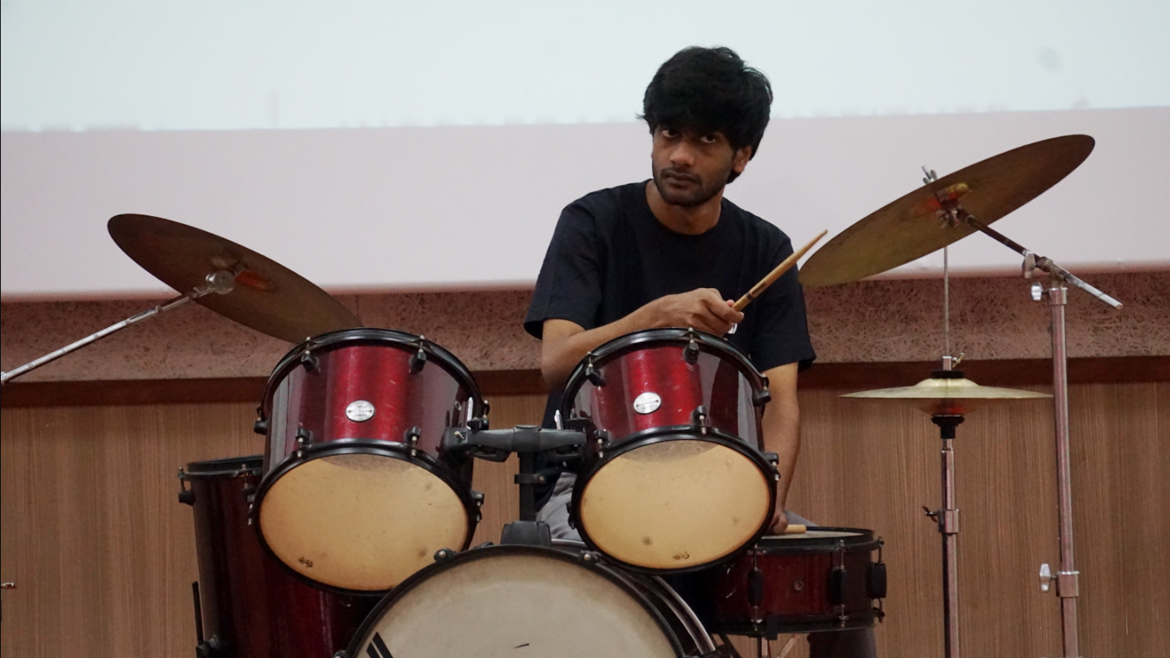Centres
Programs
Blogs
ChatGPT for Hardware: Is Artificial Intelligence an Answer?
The evolution of Chat Generative Pre-Trained Transformer (ChatGPT), an artificial intelligence (AI) chatbot, has profoundly influenced our communication, learning, and exploration of the unknown. Numerous studies and news articles have discussed the repercussions of ChatGPT on the efficacy of academic take-home assignments and projects. Computer engineering and humanities fields have particularly experienced notable challenges due to ChatGPT, leading to some universities imposing bans on its use by students. This blog delves into exciting insights on the effectiveness of ChatGPT for hardware courses in the VLSI domain.
Shades of Life in IIIT-Delhi | A Saga of Kshitiz Bakshi from Class of 2014
College life, as crazy as it may sound, is an amalgamation of education, career, friendships, and much more.
Mukul Chhabra- The Youngest Entrepreneur of IIIT-Delhi!
Getting a degree from top engineering colleges was often seen as a key to high-paying jobs and a convenient life.
Intersection of Sports & Technology
An educational institution like ours is known by its Alumni who reflect upon our past, present, and future. Our institute’s alumni are the ambassadors of our values and representatives of our vision to contribute towards society and make a global impact through cutting-edge research work.
B.Tech. Induction 2020- A Blog by #Classof2024
The year is 2020 and the date is 16th December, as Covid-19 still reigns terror over people all around the world, a selected set of about 600 students wake up all excited for it is the first day of their Induction program and the sweet beginning of their college life at IIITD.
Journey of Transition to Online Learning Through The Eyes of IIITD Students
COVID-19 brought around a wave of changes in all our lives and forced us to rethink our lifestyles. With the rather sudden announcement of the lockdown in March, educational institutes
Remote Hardware Labs in Covid Era: An Experiment at IIIT-Delhi
Most of the universities around the world quickly moved to online teaching after the lockdown due to covid-19 pandemic. At IIIT-Delhi, the switch was not difficult since most of the courses involved software-based projects and assignments.
Experience a pleasant PhD journey with IIIT-Delhi!
While PhD, the highest educational qualification, gives you all the right to call yourself a “doctor”, it also involves experiencing a journey that is not a cakewalk. Experiencing a doctoral journey is the most important phase in an individual’s life
HuntIt – by the Cultural Council of IIIT Delhi
11th September marked the anniversary of our annual tech-fest – Esya. Esya is a wide-ranging, cross-disciplinary event spanning over two days. The event keeps our campus bustling with technology aficionados from all over Delhi, be it college or school students.












